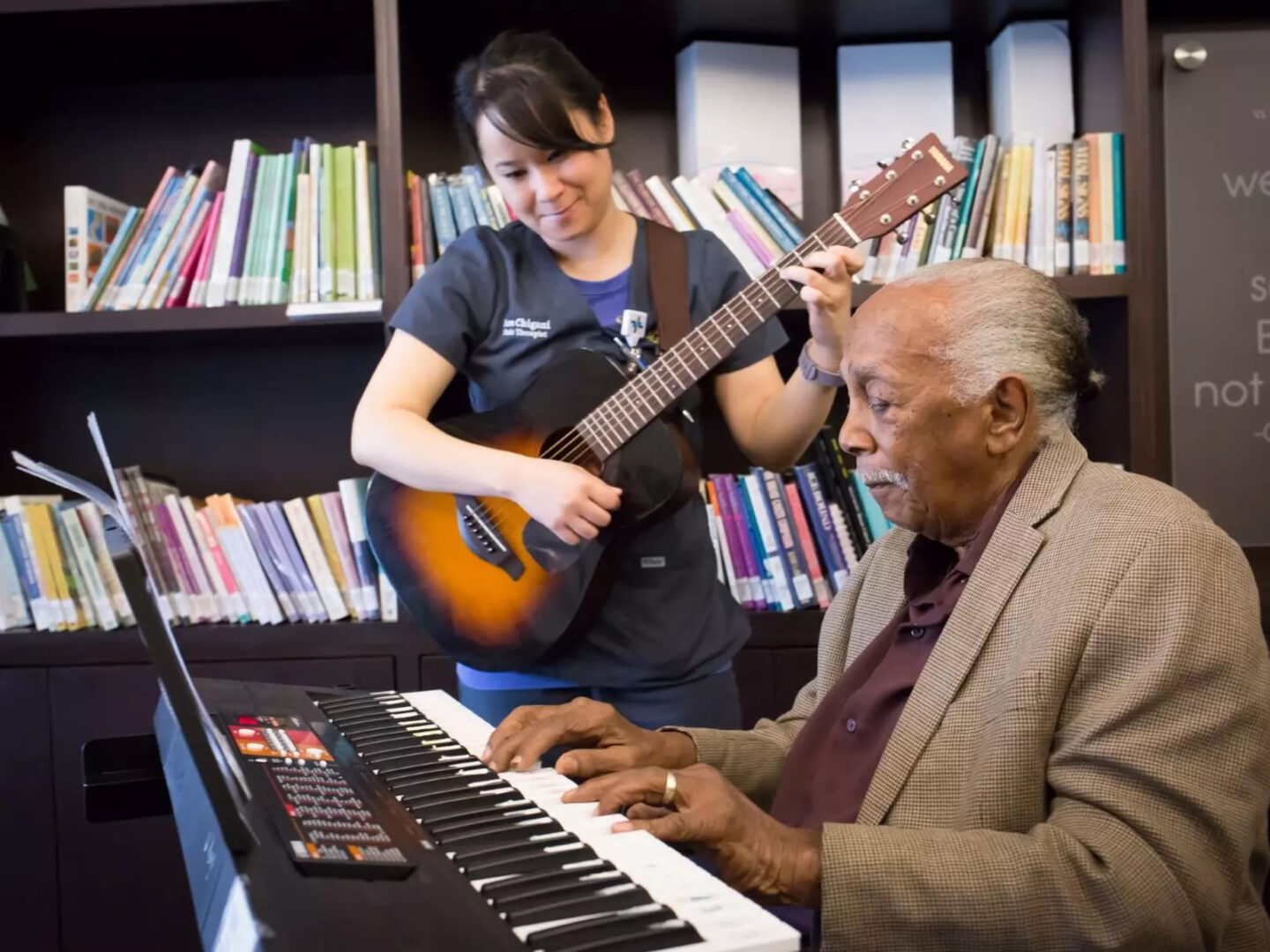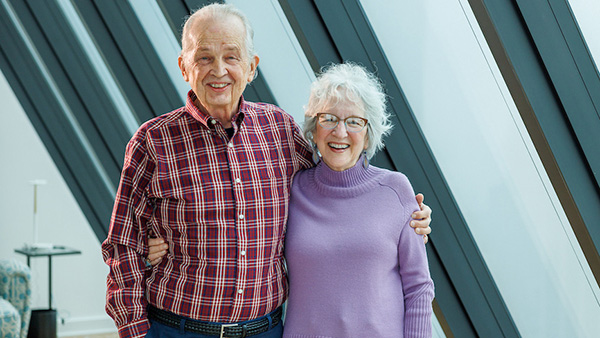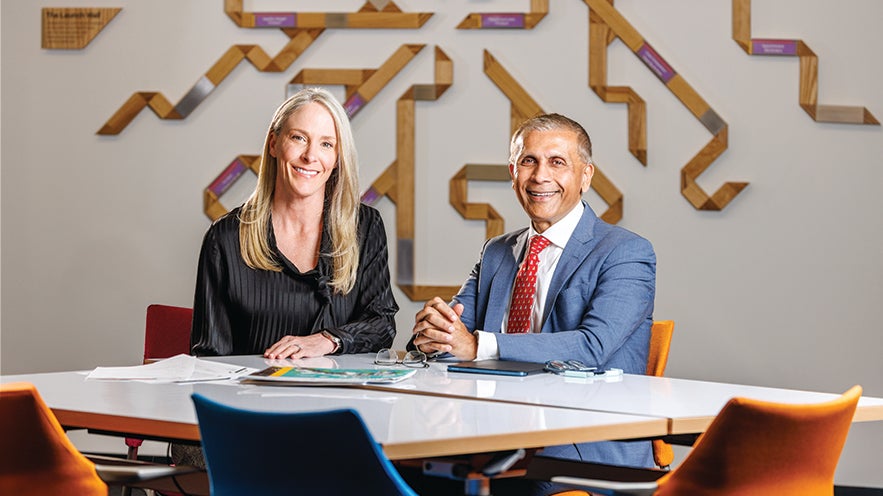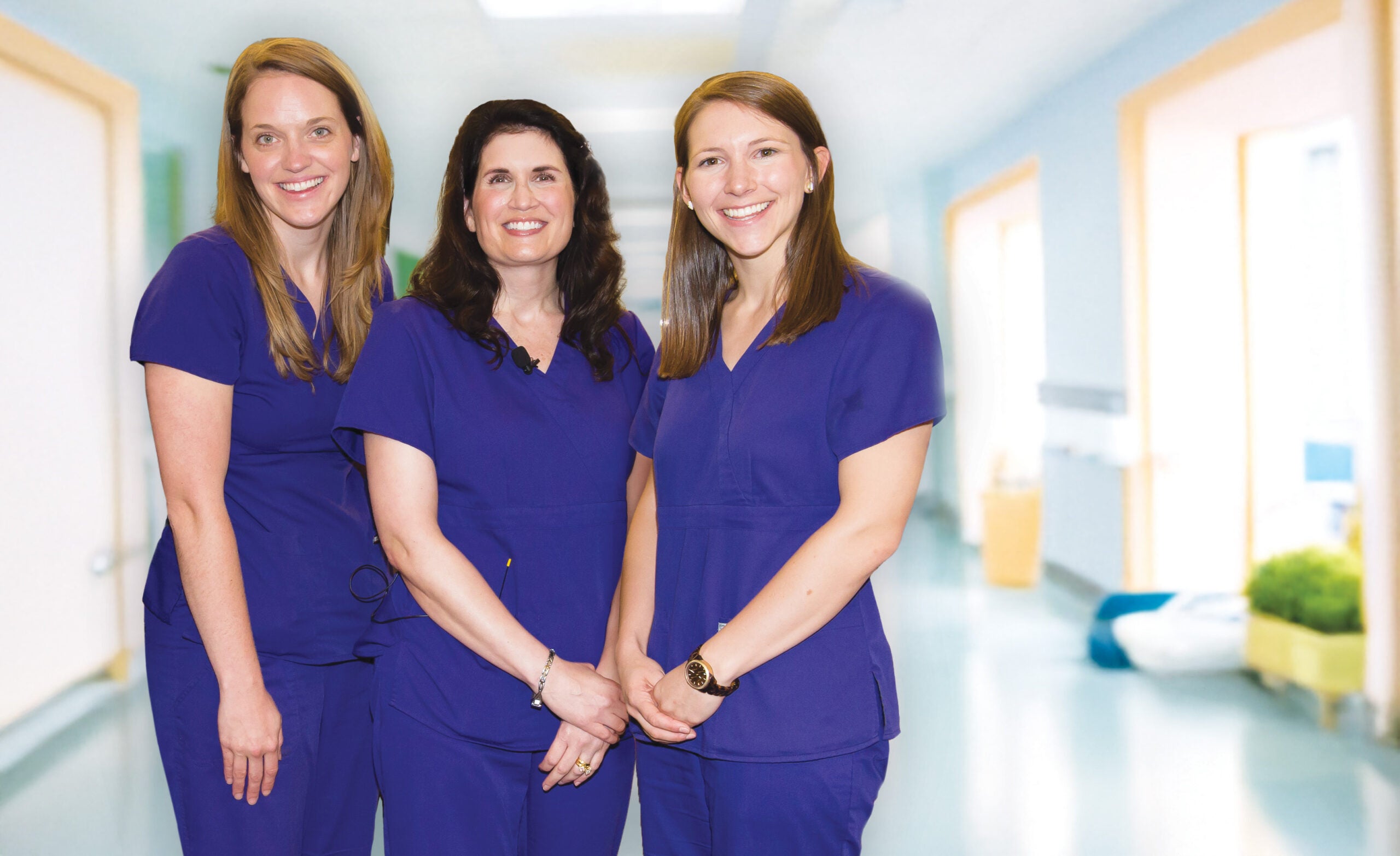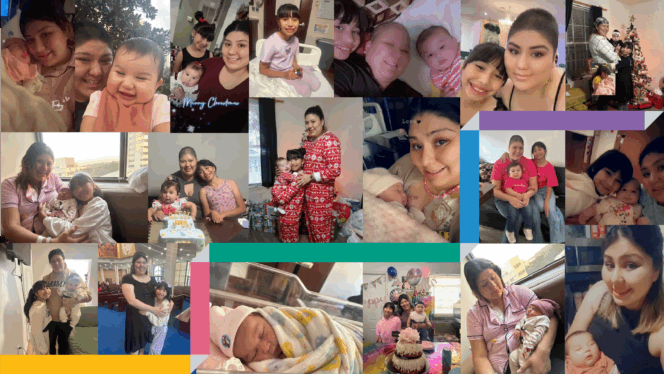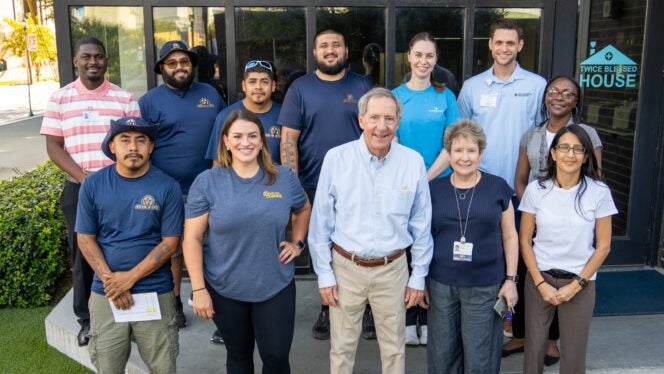When important people in a child’s life face life-threatening illness or trauma, many families either don’t know how or are not comfortable talking about the situation with children. How kids process distressing events like these can have a major impact on their lives.
Helping children cope with a parent’s illness
To help patients and their families at Baylor Scott & White Health during these times, doctors and nurses often call on experts like Cinda McDonald. Cinda is one of the palliative care child life specialists within BSWH dedicated to serving children of our adult patients. Across many of our hospitals, from the emergency department to the ICU, they are trained to help with the psychosocial issues kids face when their parent or loved one is injured or suffering from a life-limiting illness.
Meet Cinda: A Child Life Specialist for life’s toughest moments
“We usually start the day by reviewing the charts of families we’ve been involved with and see if their conditions have changed,” Cinda said. “If a patient’s condition greatly declined overnight or if they passed away, we want to reach out to the family quickly since they may need our help telling their children what has happened.”
Child life specialists at BSWH are members of the Supportive and Palliative Care team and receive requests to assist with seriously ill or injured patients across the hospital. “We always meet with the involved adults first,” Cinda said. “We don’t want to assume that we know what the family wants communicated to their child.”
Helping kids prepare for what’s ahead
After talking with the adults to understand the family’s needs, Cinda will meet with the child in an activity room in the Supportive and Palliative Care Outpatient Clinic. “We help them prepare for things like a parent’s surgery or what it means if a parent is diagnosed with a serious illness,” she said. “We help them process those early feelings of fear or anxiety, and then work to develop coping strategies.”
These sessions may take several hours and usually include playing games or talking about home, school, friends and pets. “We don’t want to leave them with that heaviness hanging over their head, so we generally end our visits with normalized play like puzzles and games.” Oftentimes, child life specialists will help connect the family with ongoing support in the community.
Josh and Steve: A story of courage and connection
Supporting Josh and Steve When Josh’s dad, Steve, was hospitalized and on life support due to
complications from the flu, the child life specialist talked with the 5-year-old about his Daddy’s “big sick” and helped Josh decorate a picture frame for the hospital room. “The machines will be kinda scary, but I will be brave,” Josh said before his visit.
When Steve’s illness required him to have his lower legs and fingers amputated, the child life specialist again helped Josh be prepared. They used a shadow buddy doll that had the same amputations and talked about the prosthetic legs his Daddy would get. In the room, Josh timidly asked to see his Daddy’s legs but then joyfully shouted, “Your new legs will make you just like Iron Man!”
Pioneering for the Whole Family BSWH is one of the very few adult health systems in the nation that has a program exclusively serving the emotional needs of children whose parents or other adult loved ones are facing a serious health crisis. By addressing 360 degrees of a patient’s needs, the service helps ensure that the needs of even the littlest family members are not overlooked. There is a positive impact on the entire family.
Powered by philanthropy
In fiscal year 2018, the child life services team supported families and children through more than 3,100 visits across the System. Child life services are provided at no cost to patients and families. Since the services are not billable and are not covered by insurance, they must be fully funded by philanthropy.
Thanks to support from generous donors, several million dollars has been raised for this important program. Through philanthropic grants from foundations, corporations and generous individual donors—this program is changing the lives of patients and caregivers—and their children—now and in the future.
For more information, contact:
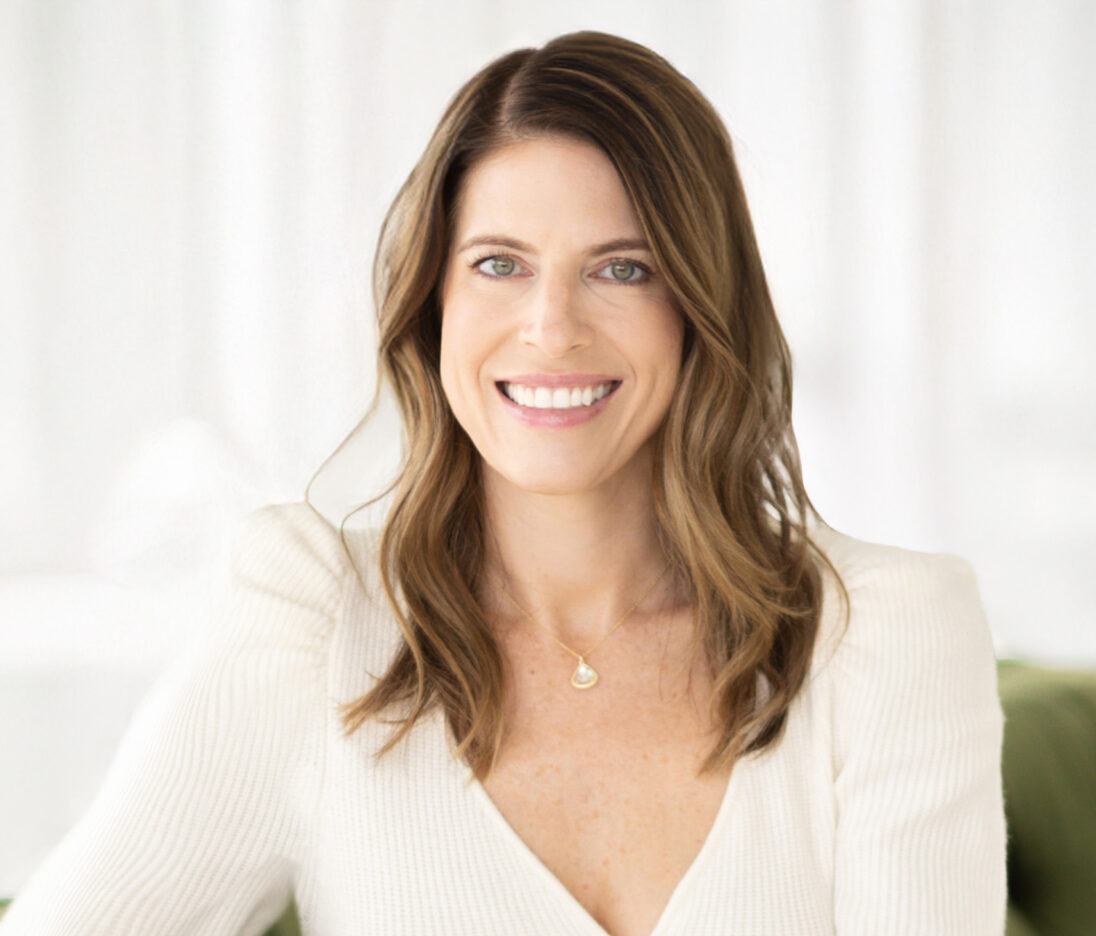
Sarah Cantu
Vice President, Donor Engagement & Experience
Call

